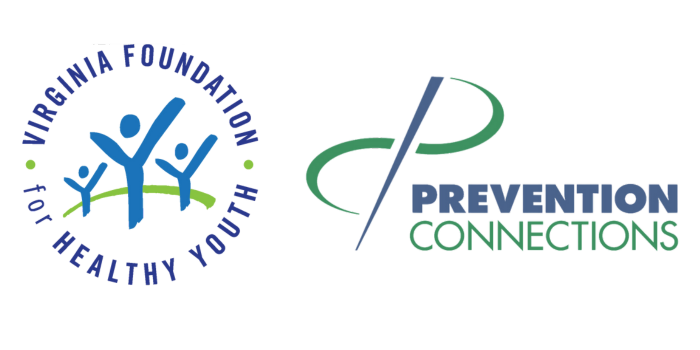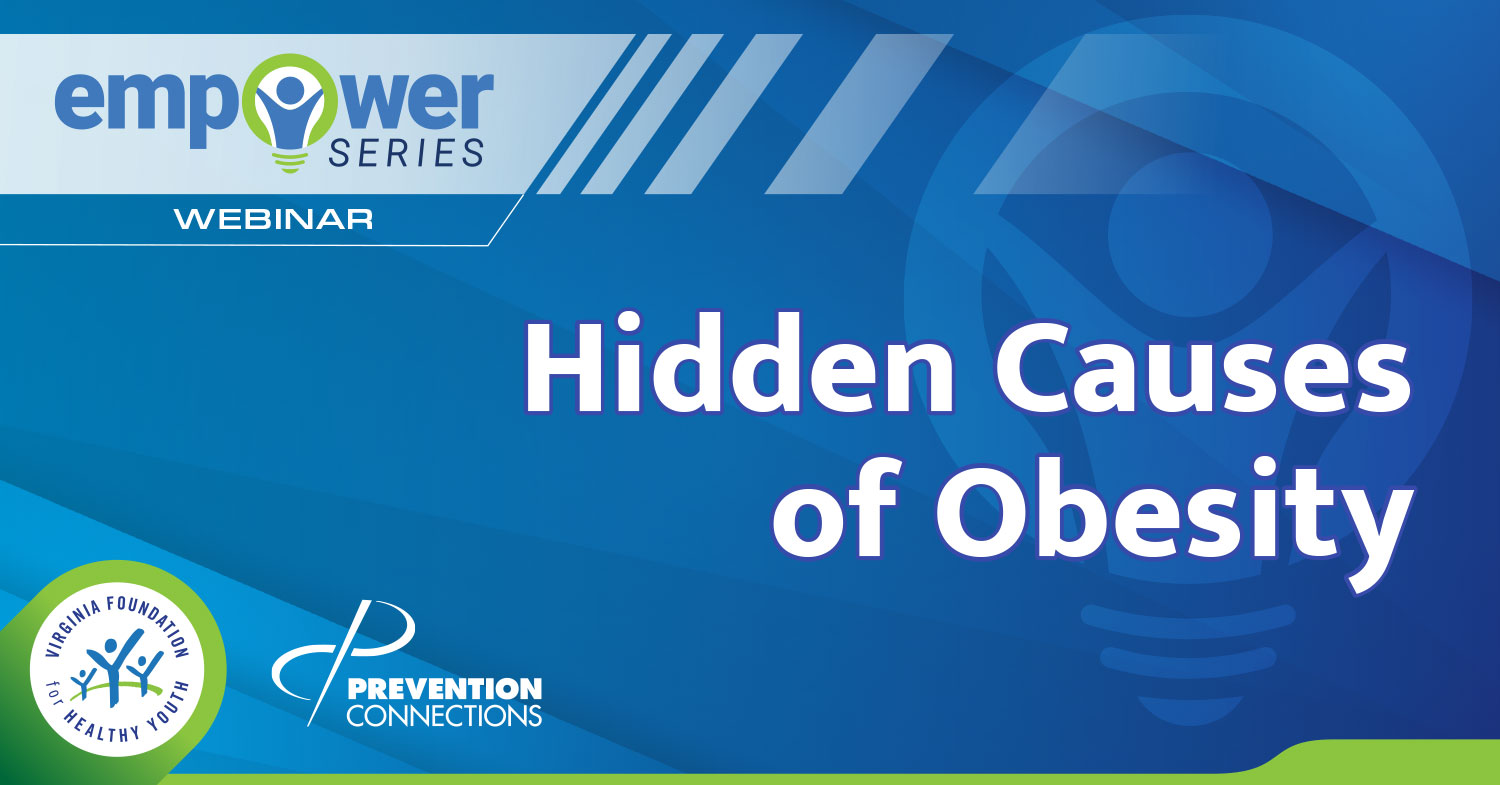Hidden Causes of Obesity
Webinar Description
Over the last decades, the number of children classified as overweight or living with obesity has risen dramatically, with interventions traditionally focused on changing individual behavior around diet and exercise. An emerging consensus points to the historical and structural factors that frame nutrition beyond diet and exercise. In this panel, we look at the cultural contexts of food, how weight discrimination increases health vulnerabilities, and how environmental factors such as air pollution contribute to rates of obesity.
We present three key lessons, arguing for the need to understand that 1) food is more than a vehicle for nutrition; 2) health should not be reduced to metrics of weight; and 3) obesity is linked to environmental and commercial systems.
Learning Objectives
- Recognize the importance of cultural contexts, and how public health programs can work with, not against, cultural traditions and norms–harnessing local creativity to change health and nutritional outcomes.
- Identify resources and interventions to raise awareness and reduce environmental exposures associated with obesity that are applicable to organizations that engage with parents and youth.
- Showing how a systems approach can help identify ways in which cultural and environmental systems frame weight and health outcomes.
Webinar Speakers
 Dr. Edward (Ted) Fischer is the Cornelius Vanderbilt Professor of Anthropology at Vanderbilt University, where he also hold appointments in Management and Health Policy. He is the founder of Maní+, an award-winning social enterprise in Guatemala that develops and produces locally sourced foods to fight malnutrition. Fischer advises the WHO-Europe on the cultural contexts of health, and serves on the board of the Maya Education Foundation. His research focuses on issues of political economy, values, wellbeing, and development.
Dr. Edward (Ted) Fischer is the Cornelius Vanderbilt Professor of Anthropology at Vanderbilt University, where he also hold appointments in Management and Health Policy. He is the founder of Maní+, an award-winning social enterprise in Guatemala that develops and produces locally sourced foods to fight malnutrition. Fischer advises the WHO-Europe on the cultural contexts of health, and serves on the board of the Maya Education Foundation. His research focuses on issues of political economy, values, wellbeing, and development.
 Dr. Tatiana Paz Lemus (she/her) received her Ph.D. in Anthropology from Vanderbilt University, where she is currently a Visiting Scholar and Program Manager for the Vanderbilt Cultural Contexts of Health and Wellbeing Initiative. Tatiana is also a senior consultant at Population Council Guatemala and a professor at Universidad Maya Kaqchikel. Her research interests focus on well-being, agency, and indigenous youth’s lives in rural Guatemala.
Dr. Tatiana Paz Lemus (she/her) received her Ph.D. in Anthropology from Vanderbilt University, where she is currently a Visiting Scholar and Program Manager for the Vanderbilt Cultural Contexts of Health and Wellbeing Initiative. Tatiana is also a senior consultant at Population Council Guatemala and a professor at Universidad Maya Kaqchikel. Her research interests focus on well-being, agency, and indigenous youth’s lives in rural Guatemala.
 Dr. Lori Hoepner (she/her) received her DrPH in Environmental Health Sciences from the Columbia University Mailman School of Public Health, her MPH in Maternal and Child Health from Tulane University School of Public Health and Tropical Medicine, and her BA in Biology from Barnard College. With a sizeable collection of publications, her research is primarily at the intersection of environmental effects and prenatal/early childhood development with domestic and international studies of exposures including BPA, polycyclic aromatic hydrocarbons (PAHs), phthalates, pesticides and COVID-19, as well as the outcomes of asthma, neurodevelopment, and obesity. Her research efforts also include studies of the World Trade Center tragedy and HIV/AIDS behavioral research. In addition, Dr. Hoepner has organizational and analytical expertise with complex health assessment, public health research datasets, and artificial intelligence/machine learning. With her background in health disparities research, Dr. Hoepner has the goal of understanding the intricacies of race/ethnicity, sex, and socioeconomics as they pertain to environmental health from a global perspective, as well as from a community-wide perspective.
Dr. Lori Hoepner (she/her) received her DrPH in Environmental Health Sciences from the Columbia University Mailman School of Public Health, her MPH in Maternal and Child Health from Tulane University School of Public Health and Tropical Medicine, and her BA in Biology from Barnard College. With a sizeable collection of publications, her research is primarily at the intersection of environmental effects and prenatal/early childhood development with domestic and international studies of exposures including BPA, polycyclic aromatic hydrocarbons (PAHs), phthalates, pesticides and COVID-19, as well as the outcomes of asthma, neurodevelopment, and obesity. Her research efforts also include studies of the World Trade Center tragedy and HIV/AIDS behavioral research. In addition, Dr. Hoepner has organizational and analytical expertise with complex health assessment, public health research datasets, and artificial intelligence/machine learning. With her background in health disparities research, Dr. Hoepner has the goal of understanding the intricacies of race/ethnicity, sex, and socioeconomics as they pertain to environmental health from a global perspective, as well as from a community-wide perspective.
Free Registration
This event was pre-recorded at the 2023 Champions for Youth Summit.
Presented By


